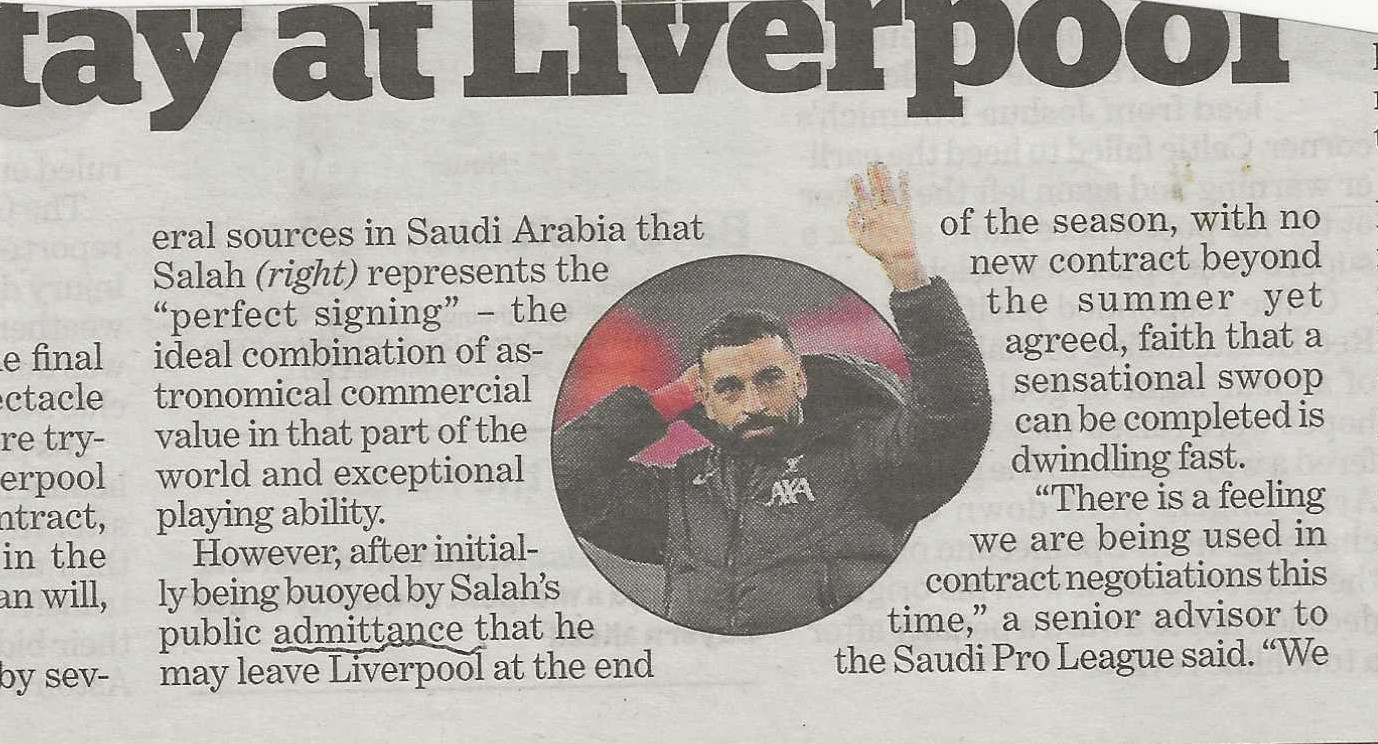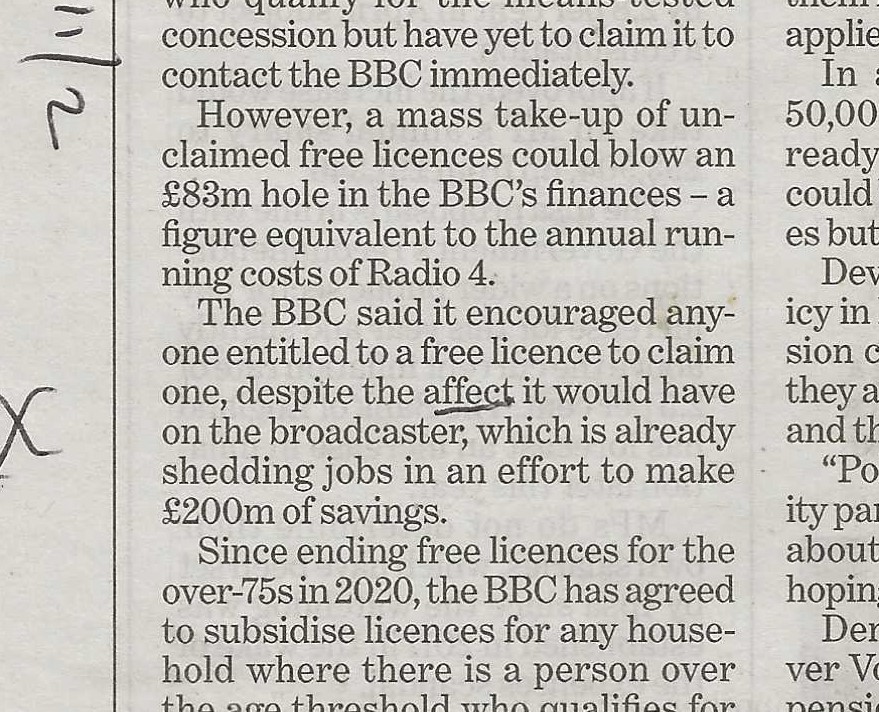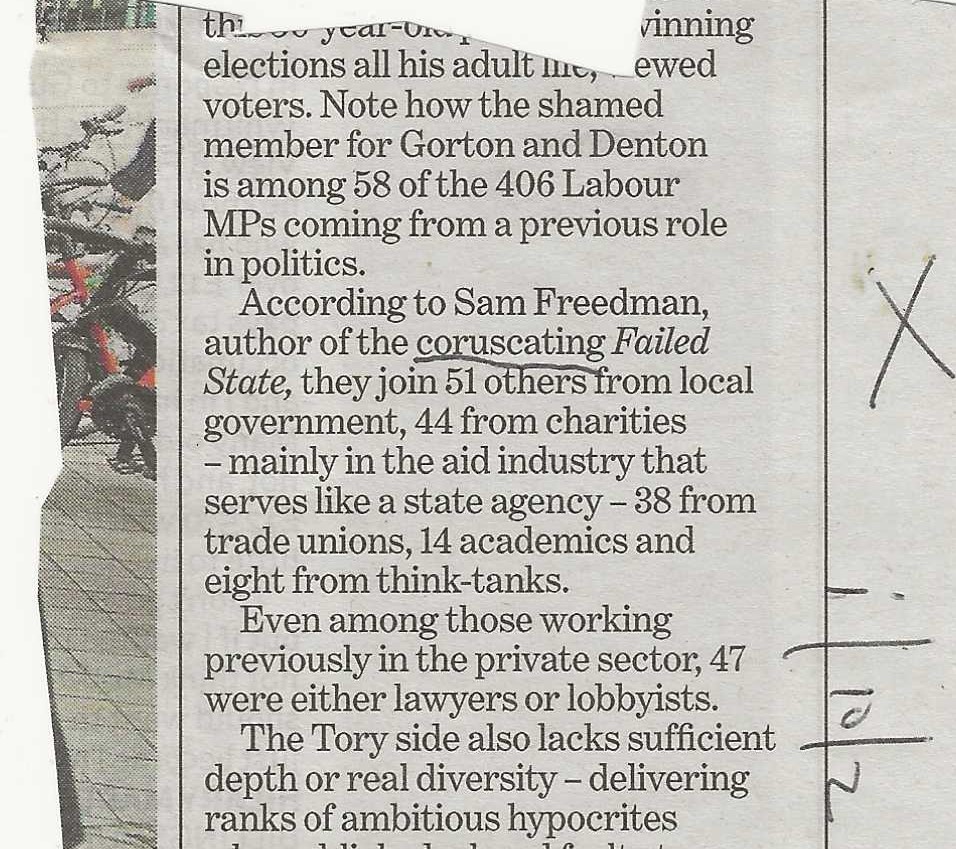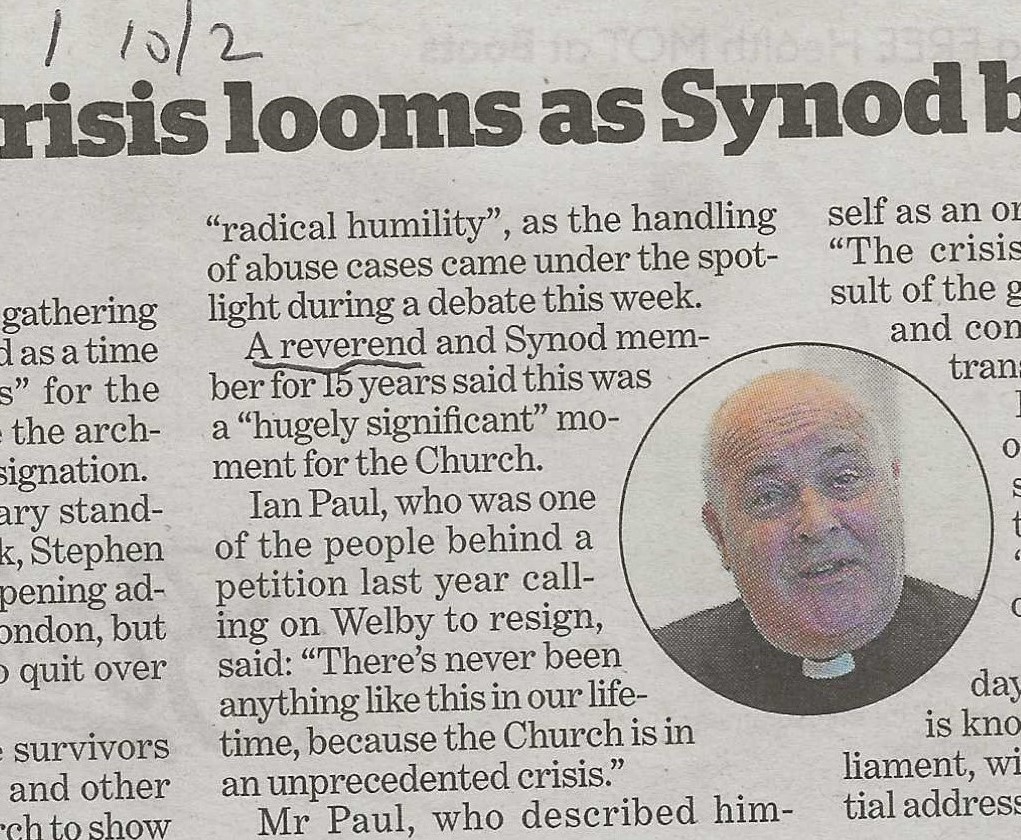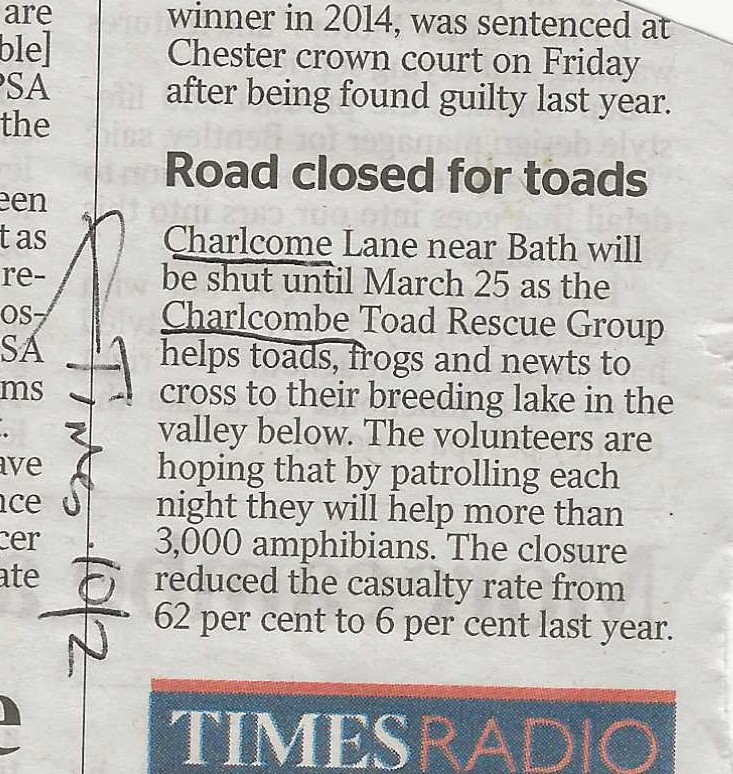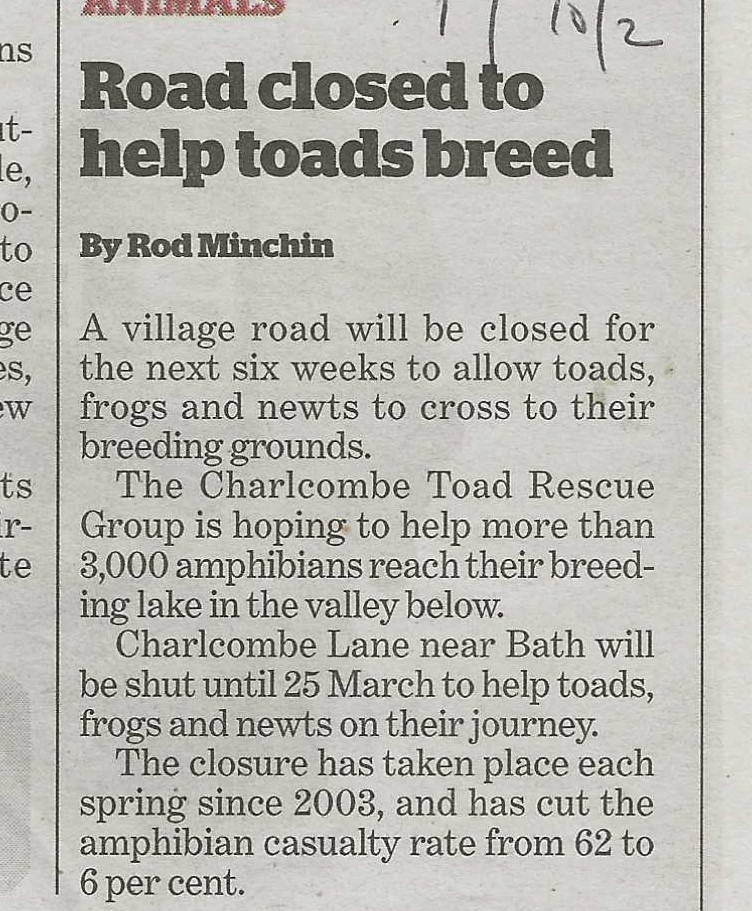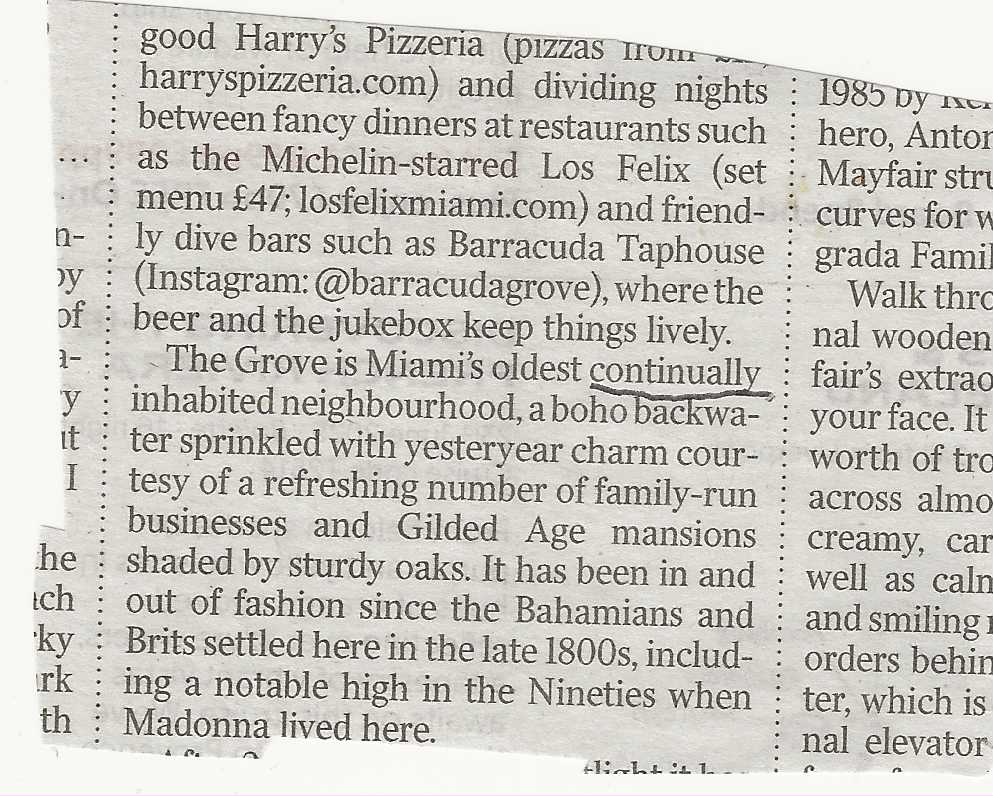Draper quickly diffused what could have been a tricky encounter, showing his superior quality and experience from the start.
BBC Sport online, June 1, 2025
In the old days I would have been horrified to see this error on the BBC but now I more or less expect it.
From Style Matters:
defuse/diffuse: To defuse means to disable an explosive device by removing the fuse or reduce tension in a confrontation; to diffuse (verb) means to dilute or scatter, as in ‘the sunlight was diffused through the trees’, or it can be used an adjective as in ‘the diffused sunlight’. Watch out for this, as diffuse is often wrongly used in copy when defuse is meant.


